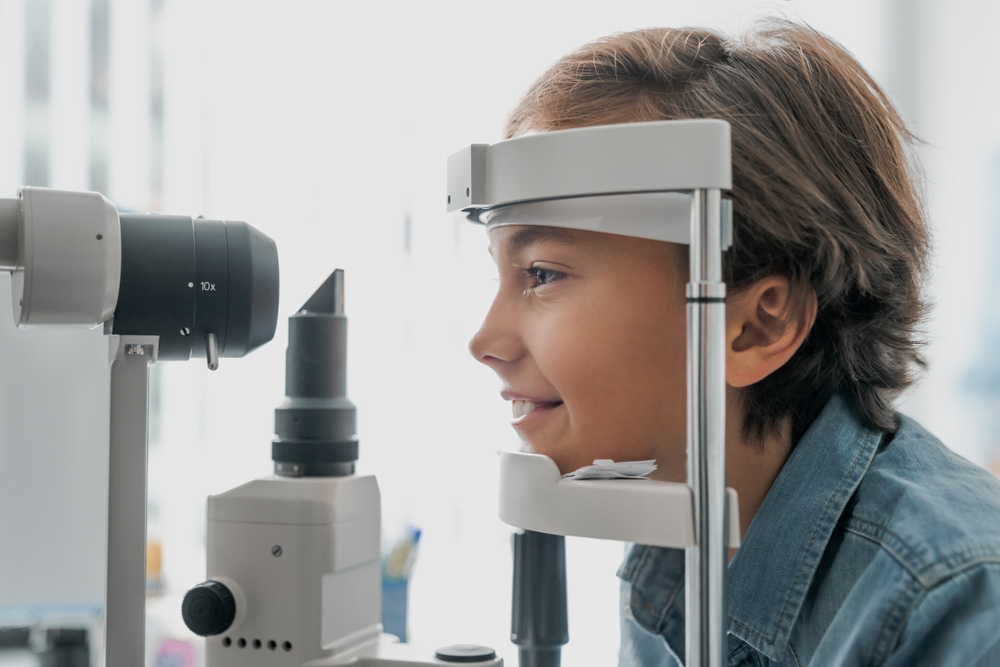
Pediatric eye exams are not just about getting your child fitted for glasses if they're unable to see the board at school. They provide the opportunity to detect and address vision problems at an early stage, which can significantly impact a child's overall development, learning, and quality of life.
Children's eyes develop rapidly, especially in the first few years of life. During this time, any undetected vision problems can lead to permanent vision loss if not treated promptly. This is why it's crucial to have regular pediatric eye exams, even if your child shows no obvious signs of vision problems.
Many children are not always aware that their vision might be impaired. They may not realize that their vision isn't normal, which means they might not tell you if they're having trouble seeing. Regular pediatric eye exams can catch these issues before they start to affect your child's performance at school or their enjoyment of everyday activities.
Common Eye Problems in Children
Children can experience a range of eye problems, some of which are common and easily treated, and others that require more specialized care. Some of the most common eye problems in children include refractive errors like myopia (short-sightedness), hyperopia (long-sightedness), and astigmatism, which can all cause blurred vision. These issues are usually simple to correct with glasses or, in some cases, contact lenses.
Other common problems include lazy eye (amblyopia), crossed eyes (strabismus), and color blindness. These conditions can often be treated with a combination of vision therapy, glasses, or surgery in more severe cases.
How Often Should Your Child Have an Eye Exam?
The frequency of pediatric eye exams can vary depending on your child's age, risk factors, and whether they're experiencing any vision problems. However, a general guideline is to have your child's eyes examined at six months, three years, and before they start school, and then every year after that.
If your child has glasses, they should have their eyes checked yearly or as recommended by their optometrist. The same goes for children with risk factors for vision problems, such as a family history of eye disease, premature birth, or certain systemic diseases like diabetes.
These are only guidelines, and the best advice will come from your child's optometrist who can recommend a schedule based on your child's specific needs.
The Role of Vision in Child Development
Vision plays a crucial role in your child's physical, cognitive, and social development. It affects their ability to learn and interact with the world around them. From learning to walk and read to playing sports and forming relationships with peers, good vision is essential.
Children with undetected vision problems can struggle with tasks that their peers find easy, leading to frustration and potential developmental delays. They might have difficulty reading, writing, or playing sports, which can impact their self-esteem and enjoyment of life.
Regular pediatric eye exams can help ensure that your child's vision is developing correctly and that any problems are addressed promptly. By doing so, you're not only protecting your child's vision but also promoting their overall development and well-being.
Make Eye Exams Part of Your Child's Healthcare Routine Today
Pediatric eye exams are a vital part of your child's healthcare routine. They play a crucial role in ensuring your child's vision is developing correctly and identifying any potential problems early on. By scheduling regular eye exams for your child, you're taking an important step in protecting their vision and supporting their development.
For more information on protecting your child’s vision with pediatric eye exams, visit Bespoke Eye Care our clinic in Dallas, Texas, for an in-person consultation. We provide high-quality eye care products and treatments. Please call 972-703-9070 to schedule an appointment today.









